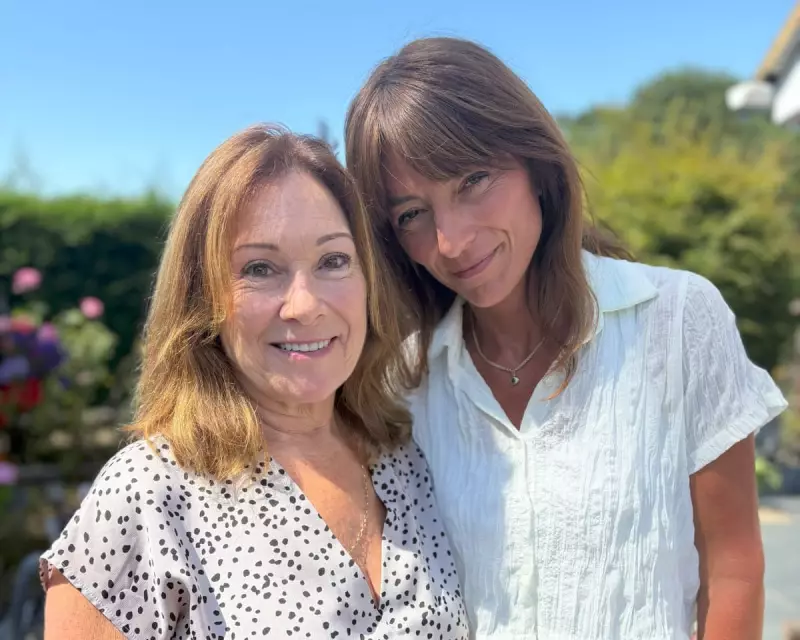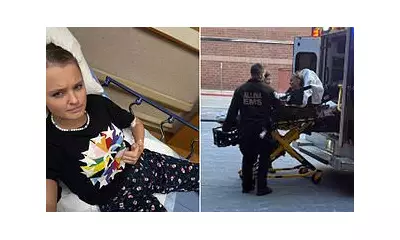
In a monumental move towards addressing one of England's most painful social legacies, a nationwide effort is underway to digitise and centralise the fragmented records of historic forced adoptions. This ambitious project aims to shatter the bureaucratic barriers that have long prevented individuals from accessing their own histories.
Confronting a Dark Chapter
For decades, countless individuals across England were separated from their biological families through forced adoption practices, particularly during the mid-20th century. Many have struggled for years to piece together their identities, facing what one campaigner described as a 'postcode lottery' of record-keeping across different local authorities.
The Digital Revolution in Historical Justice
The digitisation initiative represents a radical departure from the current system where records are scattered across numerous council archives in various formats. The centralised digital archive will provide:
- Uniform access to adoption records regardless of geographical location
- Preservation of deteriorating paper documents before they're lost forever
- Standardised search processes to simplify tracing biological relatives
- Secure digital storage protecting sensitive personal information
A Long-Awaited Breakthrough for Affected Families
For those directly impacted by forced adoption policies, this development marks a potential turning point. Many have spent decades navigating complex bureaucratic systems, often hitting dead ends due to missing, incomplete or inaccessible records. The centralisation promises to remove these obstacles, offering new hope for family reunifications and personal closure.
Accountability and Acknowledgment
Beyond individual family reunifications, the project is expected to shed new light on the scale and methods of forced adoption practices across different local authorities. This transparency may lead to greater accountability and a more comprehensive understanding of this difficult period in England's social history.
The move has been welcomed by adoption charities and human rights organisations as a significant step toward addressing historical wrongs and providing long-denied answers to those affected by these practices.





